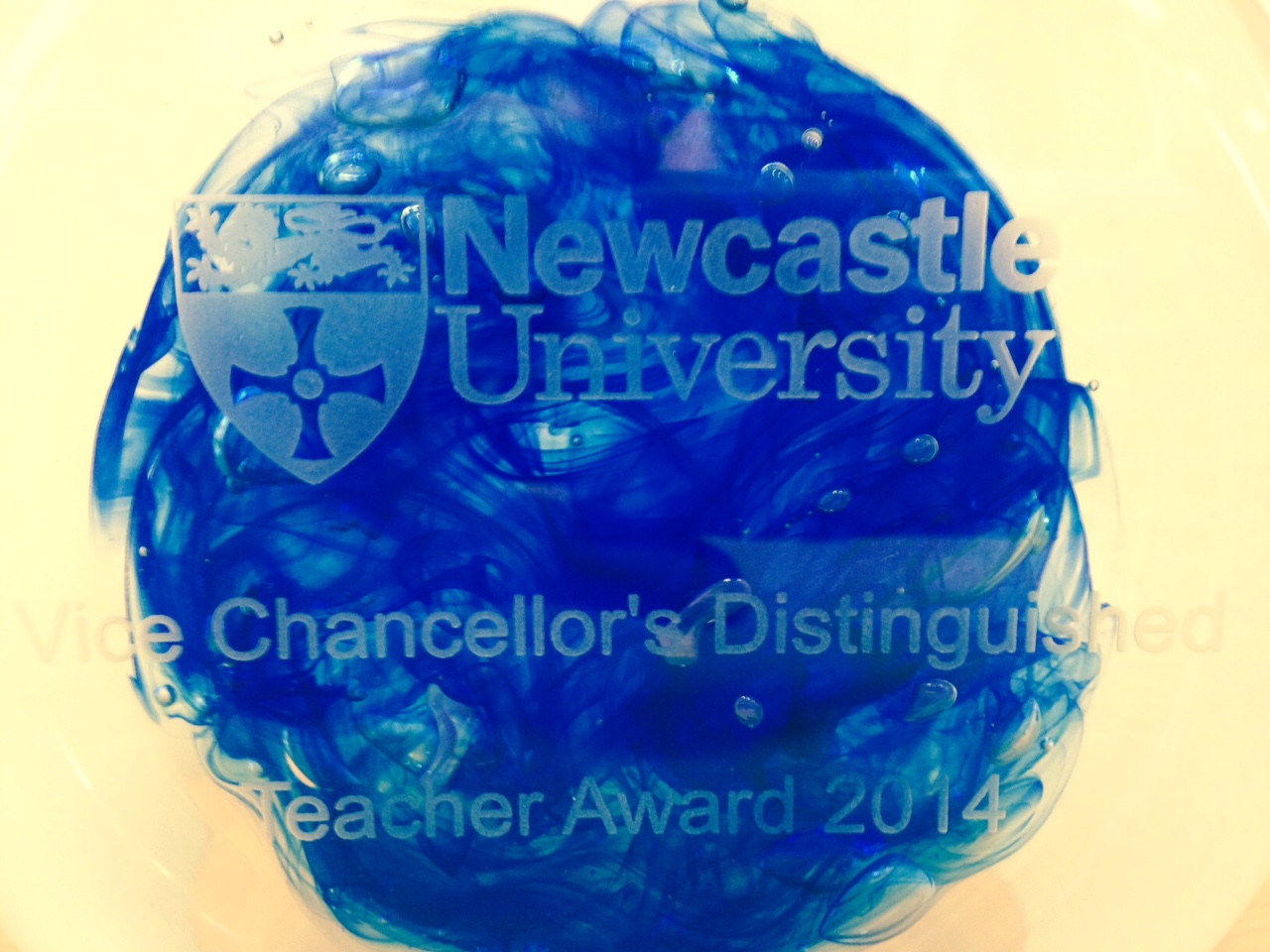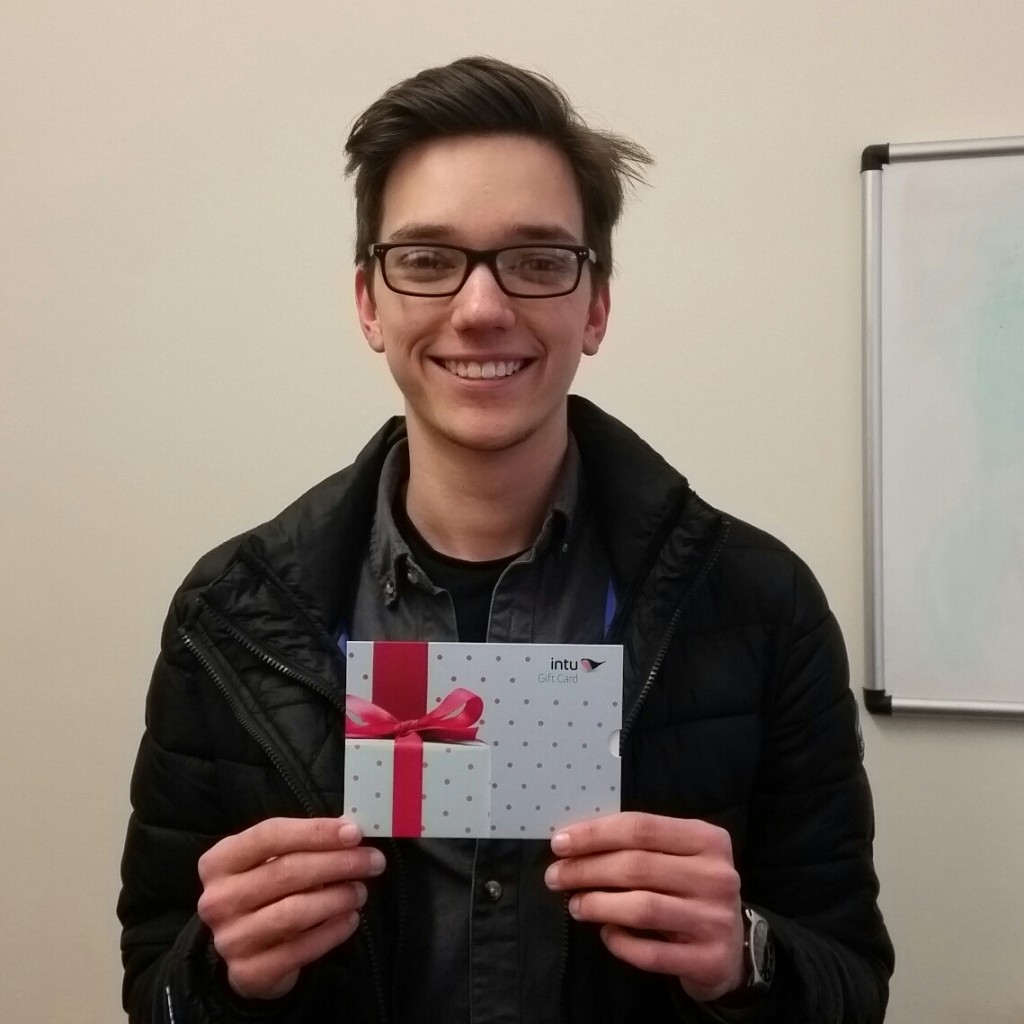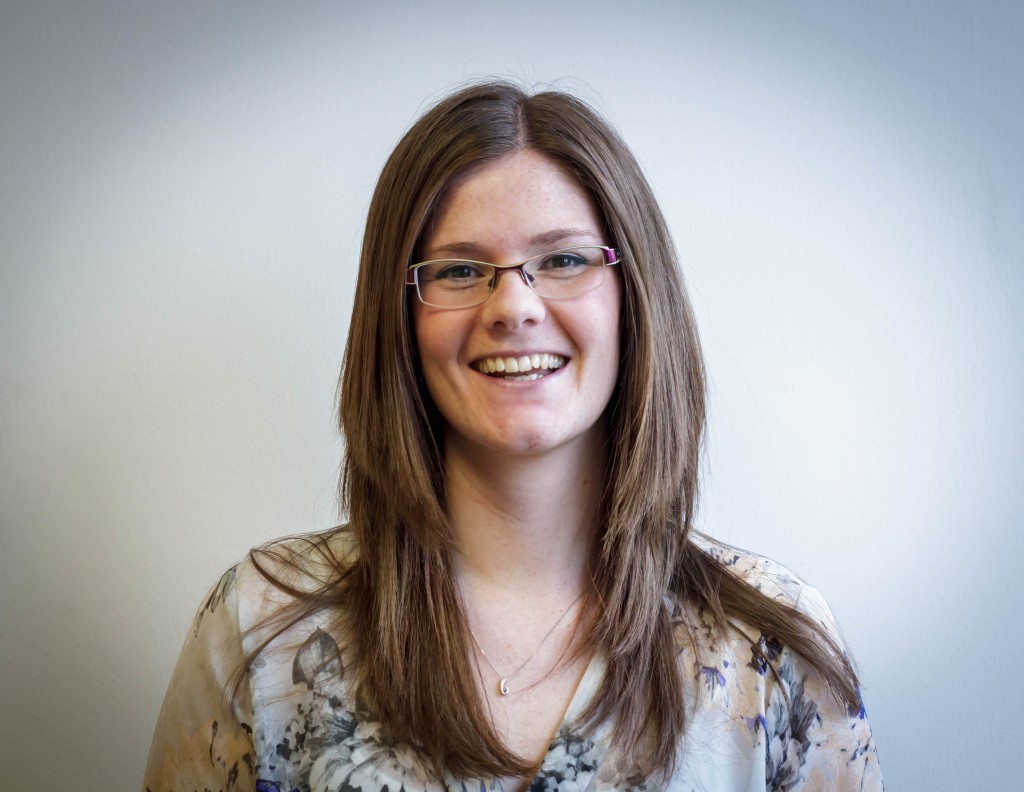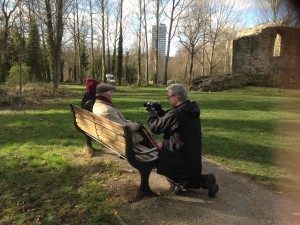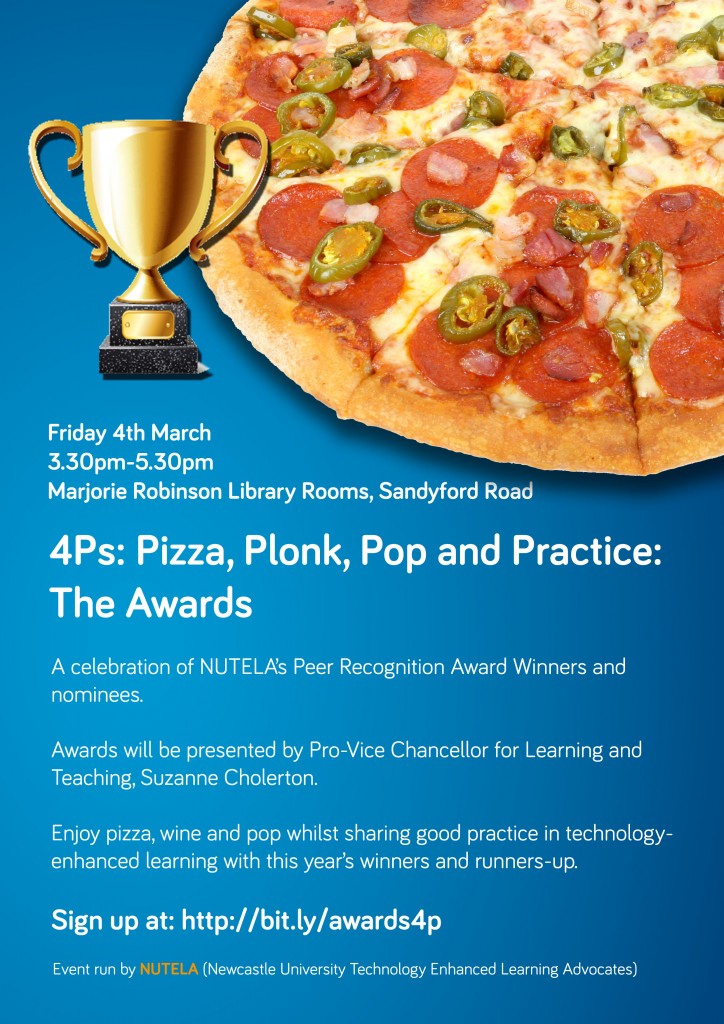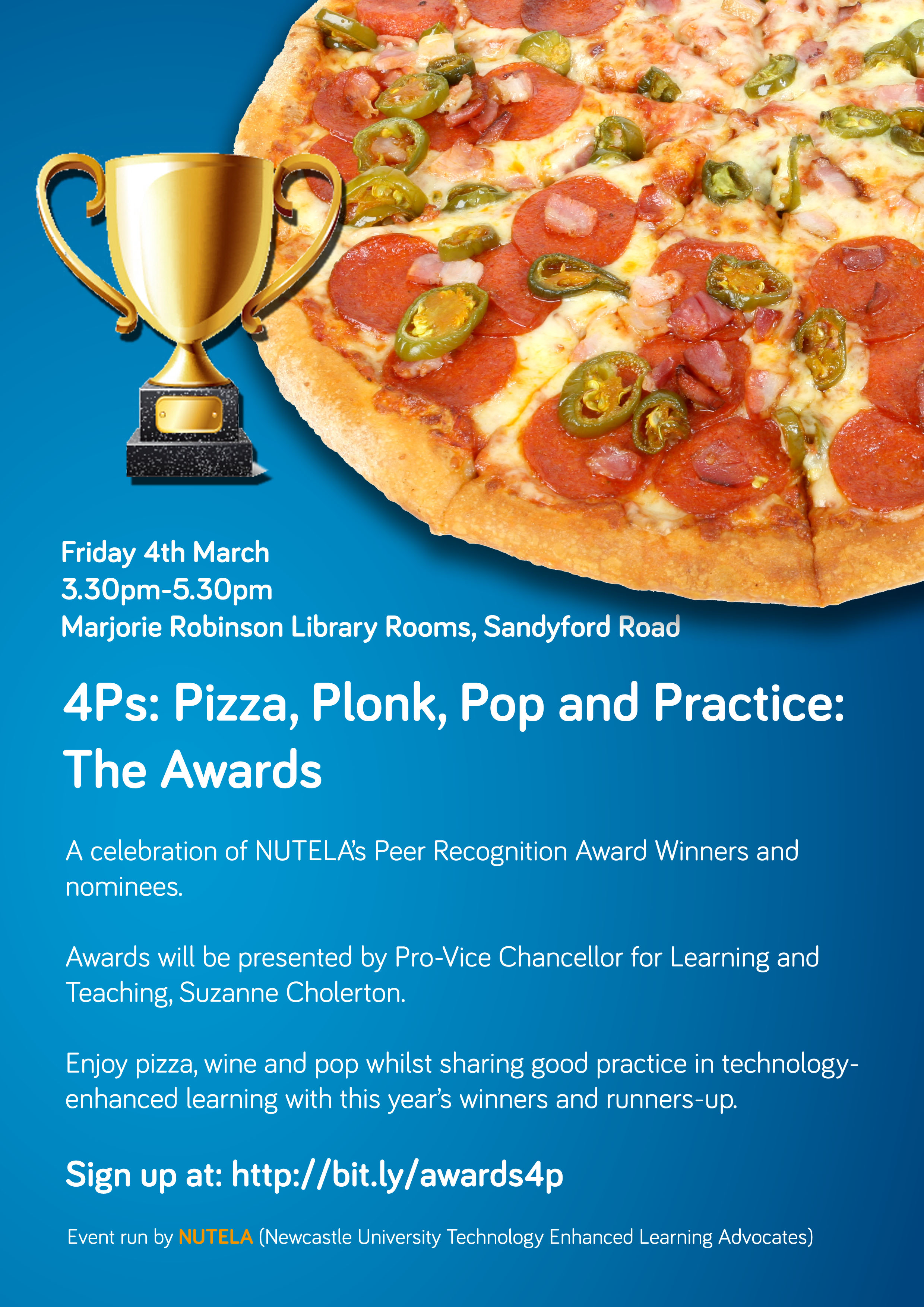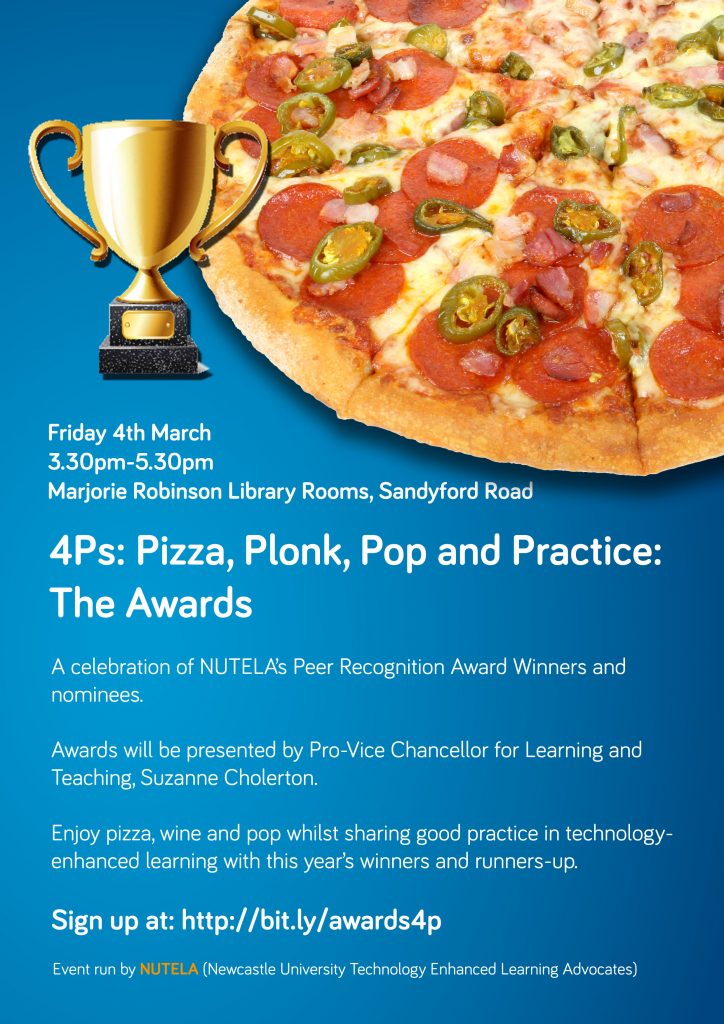A study into our students’ perceptions of the links between research and teaching is currently considering this question.
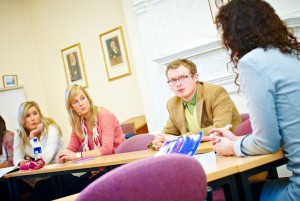
Charlotte Huggins, a Psychology MSc student, is investigating this issue through a series of student consultations and a survey. Supported by LTDS she is asking students about their understanding of the term, if they recognise the ways in which staff research expertise feeds into teaching, and whether this is something that students value.
This study is well underway with a number of focus groups involving students from across the University being held this week.
A survey is also gathering a wider set of responses. The survey is open to all Newcastle University students and can be accessed online here.
Do encourage your students to complete the survey, we want to hear their views. Those who complete the survey will be entered in a prize draw for a £20 Eldon Square voucher.
Dr Sara Marsham, Associate Dean in SAgE, is conducting the parallel staff consultation. These two strands will be collated and fed back to the University Learning, Teaching and Student Experience Committee (ULTSEC) under the direction of Professor Suzanne Cholerton, Pro-Vice-Chancellor for Learning and Teaching.

